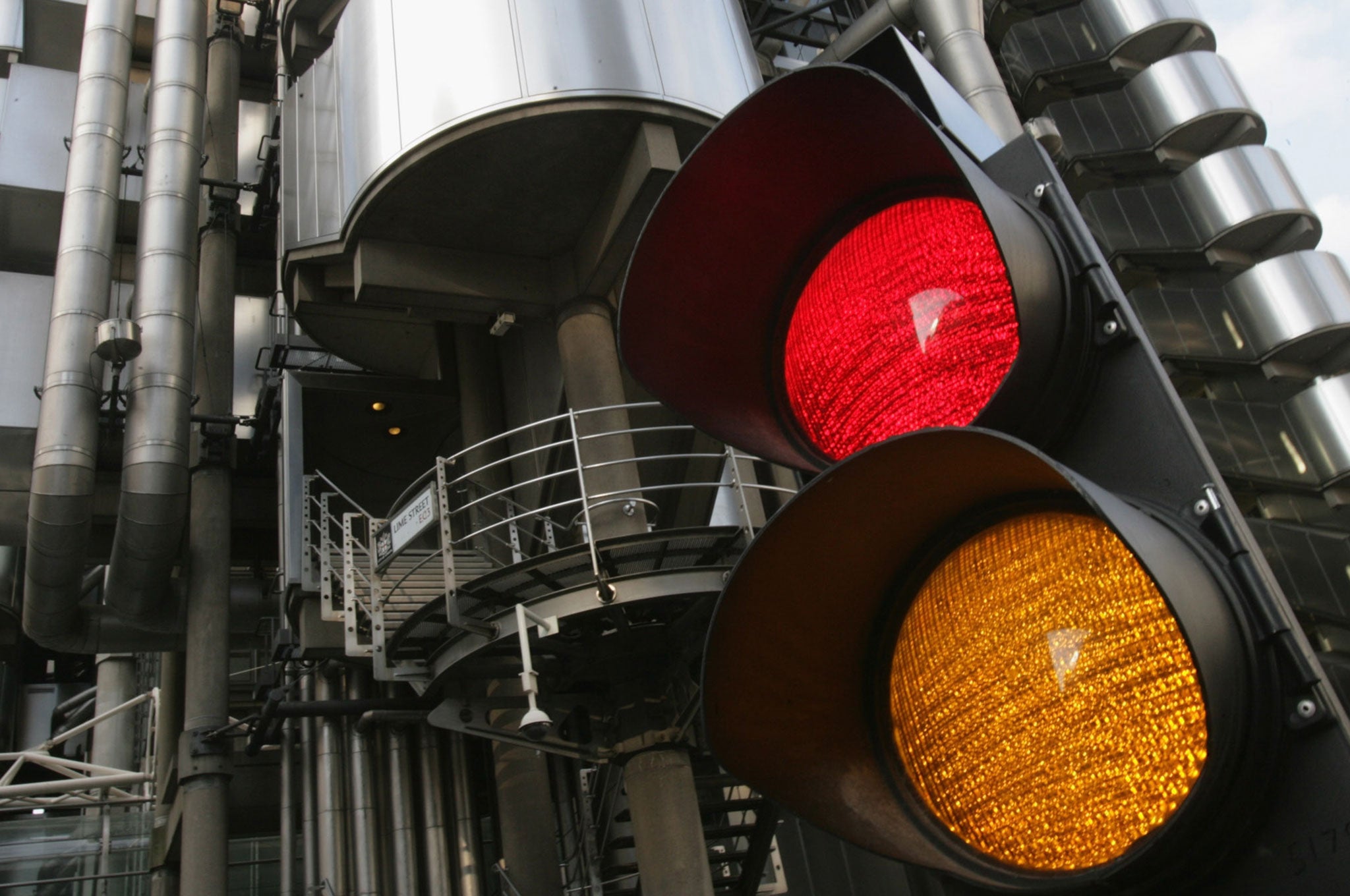Traffic lights are damaging the economy, Institute of Economic Affairs says
The authors said a two-minute delay to every car journey equates to a loss of approximately £16 billion every year, or 1 per cent of GDP

Your support helps us to tell the story
From reproductive rights to climate change to Big Tech, The Independent is on the ground when the story is developing. Whether it's investigating the financials of Elon Musk's pro-Trump PAC or producing our latest documentary, 'The A Word', which shines a light on the American women fighting for reproductive rights, we know how important it is to parse out the facts from the messaging.
At such a critical moment in US history, we need reporters on the ground. Your donation allows us to keep sending journalists to speak to both sides of the story.
The Independent is trusted by Americans across the entire political spectrum. And unlike many other quality news outlets, we choose not to lock Americans out of our reporting and analysis with paywalls. We believe quality journalism should be available to everyone, paid for by those who can afford it.
Your support makes all the difference.Traffic lights are damaging the economy, according to a report issued by the Institute of Economic Affairs.
The proliferation of traffic lights and other so-called journey controls is slowing down the workforce and reducing job opportunities within reasonable travelling distance, the report suggests.
"The removal of a high proportion of traffic lights would deliver substantial economic and social benefits," said Dr Richard Wellings, head of transport at the Institute of Economic Affairs.
"It’s quite clear that traffic management has spread far beyond the locations where it might be justified, to the detriment of the economy, environment and road safety."
That means that only shorter distances are considered commutable because of delays caused by lights, speed bumps and cameras on longer distances.
Wellings and co-author Martin Cassini said a two-minute delay to every car journey equates to a loss of approximately £16 billion every year, or 1 per cent of GDP. They recommend that 80 per cent of UK traffic lights could be ripped out.
The said cycling infrastructure, such as advanced stop lines at traffic lights; 20 mph zones in urban areas; and bus priority lanes have "unfortunate" affects on other road users.
The number of traffic lights in England has increased by 25 per cent since 2000, outstripping the increase in vehicles on the road, which has only grown by 5 per cent in that time.
Join our commenting forum
Join thought-provoking conversations, follow other Independent readers and see their replies
Comments